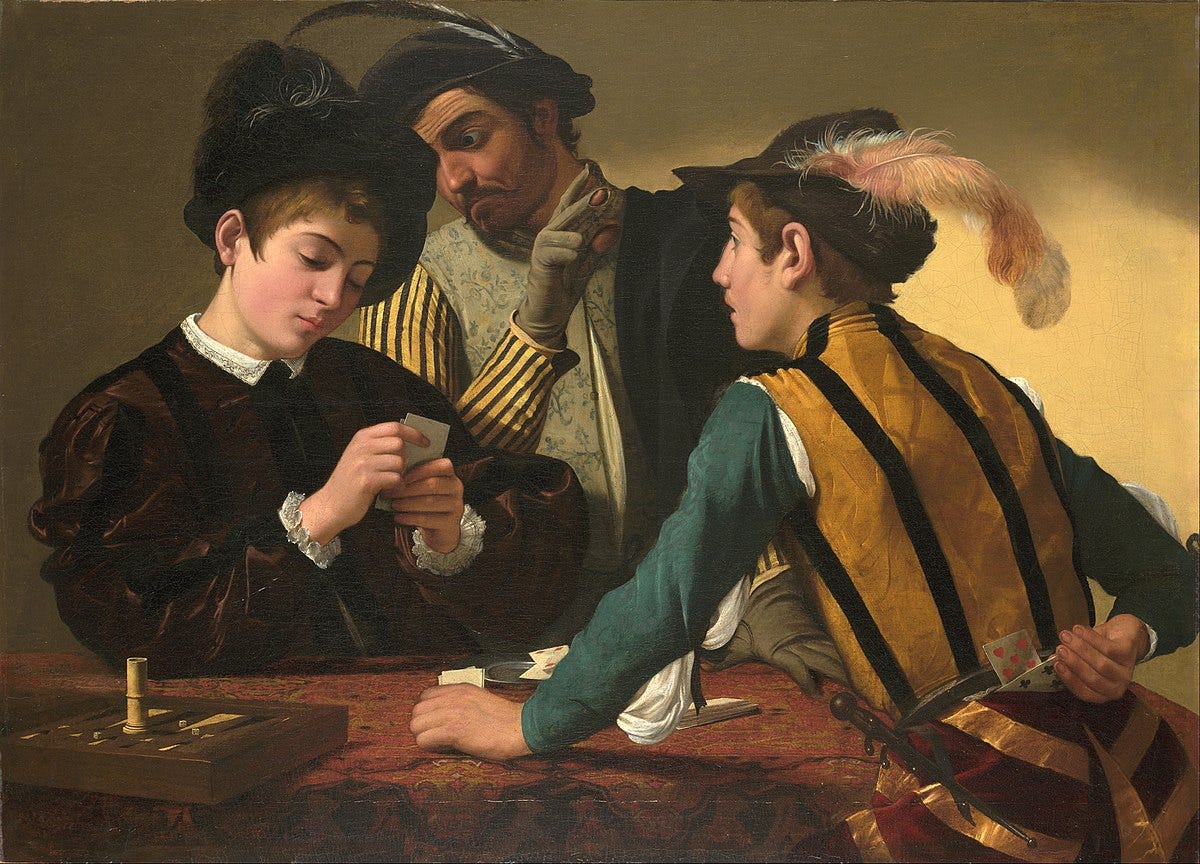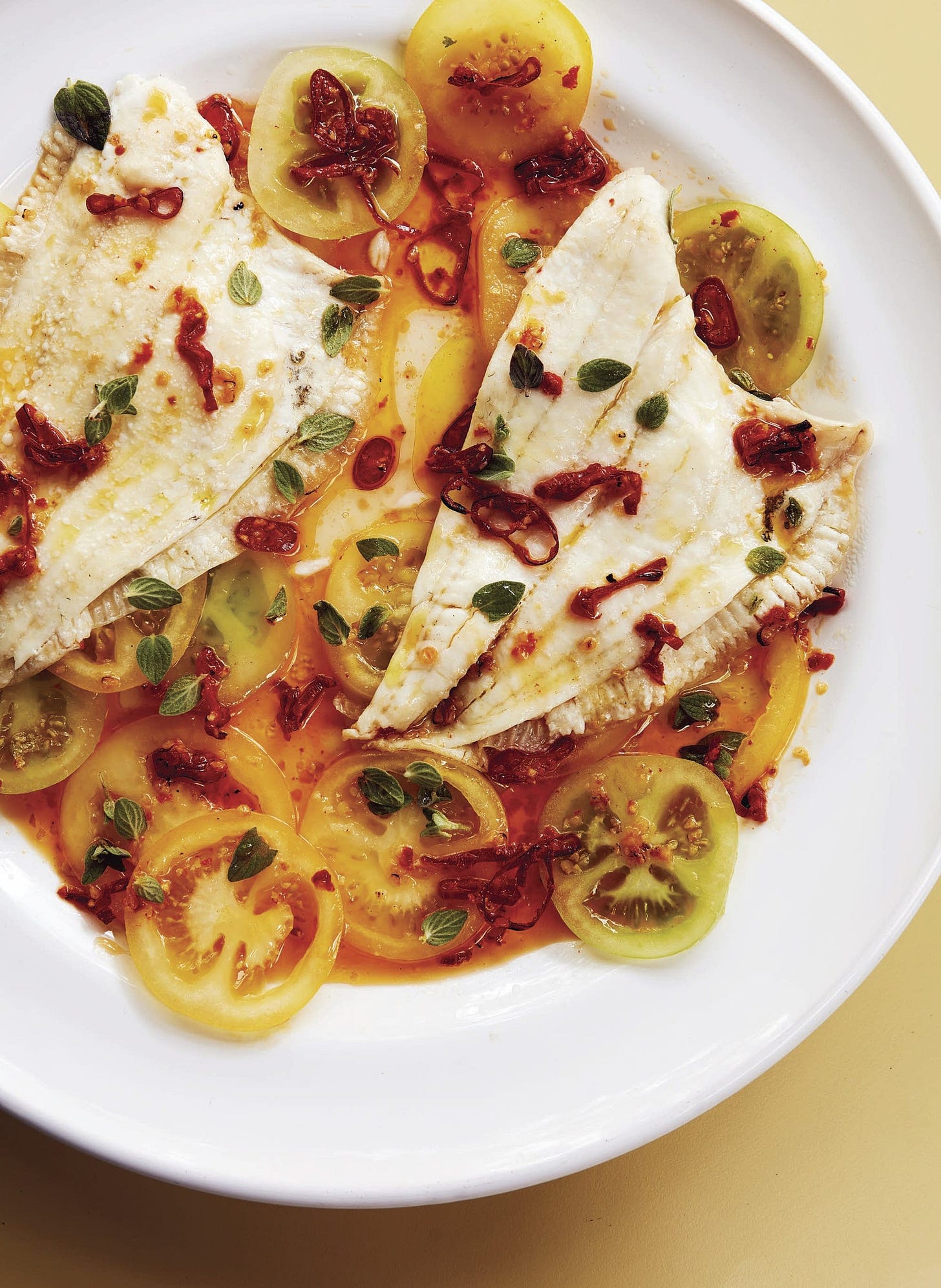New economic data released this week paints a bleak picture indeed for the majority of Italian households. The bottom line is simple: the nation, as a whole, is getting poorer. On Tuesday, the UN’s International Labour Organization (ILO) released figures covering the period 2008-2024 which confirm that Italian salaries have declined by 8.7% in real terms over the last fifteen years and that average income is now the lowest among all G20 countries. While a couple of industries such as automobile production and digital tech are enjoying modest booms, most major sectors, and the public sector in particular, are blighted by low pay and precarious contracts. Migrant workers, in particular, which number 2.4 million in Italy, are particularly effected and earn on average 26.3% less than national workers. Another study, also released this week, completes the grim picture. According to a new ISTAT report, the proportion of the Italian population at risk of poverty and social exclusion is now at 23.1%; a percentage point increase on last year. This is a serious concern. Many reading here will have experienced some of these consequences first hand, and we’re all, I’m sure, worried about the impact that inflation and bad jobs are having on those living around us. Which, ultimately, makes this a political question. Yes, global geopolitics is a priority right now. But it’s also clearer than ever that successive governments, from Berlusconi to Renzi to Meloni, have failed to adequetly protect Italian workers. So where, then, is the opposition? The major parties have got plenty of ammunition here to make a case for an alternative. In recent months, however, the PD and M5S seem to have limited themselves to complaining about the current administration and little else. CGIL, meanwhile, is rightly calling for a minimum wage, as they have been for years. But one has to wonder, looking at the graph below: would this really be enough to turn the tide?

If you thought the culture wars were beginning to die down, well, think again. Dario Franceschini, prominent centre-left PD member and former Minister of Culture, found himself at the centre of a political and media storm once again this week after proposing a new law which would automatically assign unborn children their mother's surname. Writing on X, the politician made the case that his proposed legislation would not only “right a historic wrong”, it would simplify the question of double-barrelled surnames, and remove the tensions that can often arise regarding inheritance nomenclature. As you might imagine, the reaction from many parties has been raucous. Matteo Salvini was first in line with his response, “here are the great priorities of the Italian left […] let’s wipe these fathers off the face of the earth; that way we’ll solve all the problems.” Federico Mollicone, a Fratelli d’Italia MP, added, with characteristic ignorance, that the policy would mark a shift “from patriarchy to matriarchy.” Sexist hyperbole aside, it is true that this proposal is inviable. According to an admittedly unscientific Virgilio opinion poll, just 11% of Italians are in favour of the proposal, 12% have no opinion and 77% are against it. While Franceschini’s suggestion is probably well meaning, it is ill-timed, and, for now, a non-starter.

POLITICO magazine published an informative long-read this week, profiling the Sicilian anti-mafia politician Giuseppe Antoci. I know what you’re thinking. We’ve been here before, haven’t we? Mafia stories come and go and come and go, and no progress is made. I feel you. What sets Antoci’s vision apart, however, is his commitment to transnational action. Unlike his predecessors, the ex-manager of the Nebrodi National Park has gone to great pains to outline how organized crime groups in Italy and beyond have infiltrated EU policy making, and have mastered the art of siphoning money from the Common Agricultural Policy among other funds. The solution, as he sees it, is twofold: the EU needs more rigorous background tracks and harsher punishments for those who abuse the system (including expanding the use of the controversial 41-bis across the continent). Antoci won a seat as a Five Star Movement MEP back in 2024. Now, his real challenge begins, and while Ursula von der Leyen and co are making all the right noises, the authors of this piece note “there is a real risk that the Sicilian anti-mafia campaigner becomes a glorified mascot for colleagues to take selfies alongside.” Check out the full story here for more details.
Arts & Culture: The Darkness and the Light
In case you haven’t read about it already, the biggest art exhibit of the year opened in Rome’s Palazzo Barberini a couple of weeks ago, and it’s already getting some great reviews. The simply titled ‘Caravaggio 2025’ delivers exactly what it says on the tin. For the first time ever, the curators have gathered together the majority of the Baroque master’s main works including loans from major museums, to create a full blown retrospective made up exclusively of the artist’s paintings. The Times (UK) has called this show “unprecedented”, the New York Times has labelled it “a blockbuster” and many other outlets are scraping the bottom of the barrel to find other hyperbolic paens. As a Caravaggio lover myself I’m planning to visit the exhibition in the next few weeks, and I’m particularly excited to see some of the rarer works, like “The Cardsharps,” “The Musicians” and “St. Catherine of Alexandria,” not to mention the “rediscovered masterpieces” and “disputed” canvases. The show runs until 6 July, and you’d be advised to book well in advance. Apparently, this one is selling fast. Click here to buy tickets and here for a full review.

This one’s for fans of south Italian folk music: the Neapolitan singer songwriter La Niña has got a new album out called FURÈSTA and it’s a brilliant new addition to the contemporary canon of the canzone partenopea. The brain behind the operation is Carola Moccia, a peripatetic 34 year old multi-instrumentalist and ethnomusicologist who has fronted a number of small indie bands in London, Milano and elsewhere over the past decade. Since 2019, after years on the road, Moccia has been based back home in the Campanian capital where she’s been developing a fascinating fusion of Neapolitan sounds and global pop / electronica. Her instrumentation is deeply rooted in the folk tradition, with plenty of tammorra and mandolino, but she also brings auto tuned vocals, synth bass lines and the occasional drum machine into the mix. To my mind, FURÈSTA is Moccia’s most sophisticated experiment so far; and she delivers her dialect lyrics on folklore, belonging, and feminist rage with admirable power and ferocity. Check out the lead single below, and listen to the full album here.
Recipe of the Week: Flounder with yellow and green tomatoes
Like most of us, I imagine, I am a fan of simple, unfussy food. There’s a time and place for spending hours behind the hob stirring sauces, for frothing and charring and all the rest of it. Most of the time, however, what I’m looking for is something fast, fresh, nutritious and balanced. I’m aware, by definition, this is a question of both personal taste (and dietary philosophy), but I’d still make a strong case that this week’s recipe by the fabulous Ixta Belfrage will please 90% of palates. This dish, taken from her enigmatic book Mezcla, is a subtle variation on the traditional Italian aquapazza: i.e braised fish and tomatoes. All you have to do is cook your fillets and vegetables for 10 minutes before topping with a (non-traditional) chili butter. That really is it! This is classic Italian home cooking with a subtle contemporary touch. Just the kind of thing for a warm spring night. I use sole in place of the flounder, but any firm-ish white fish should do the trick. Serve with bread and salad leaves for a delicious and balanced meal. Here’s the link.
I’m Jamie Mackay, a UK-born, Italy-based writer, working at the interfaces of journalism, criticism, poetry, fiction, philosophy, travelogue and cultural-history. I set up ‘The Week in Italy’ to make a space to share a regular overview of the debates and dilemmas, innovations and crises that sometimes pass under the radar of our overcrowded news feeds, to explore politics, current affairs, books, arts and food. If you’re a regular reader, and you enjoy these updates, I hope you’ll consider becoming a supporter for EUR 5.00 per month. I like to think of it as a weekly catch-up chat over an espresso. Alternatively, if you’d like to send a one-off something, you can do so via PayPal using this link. Grazie!




